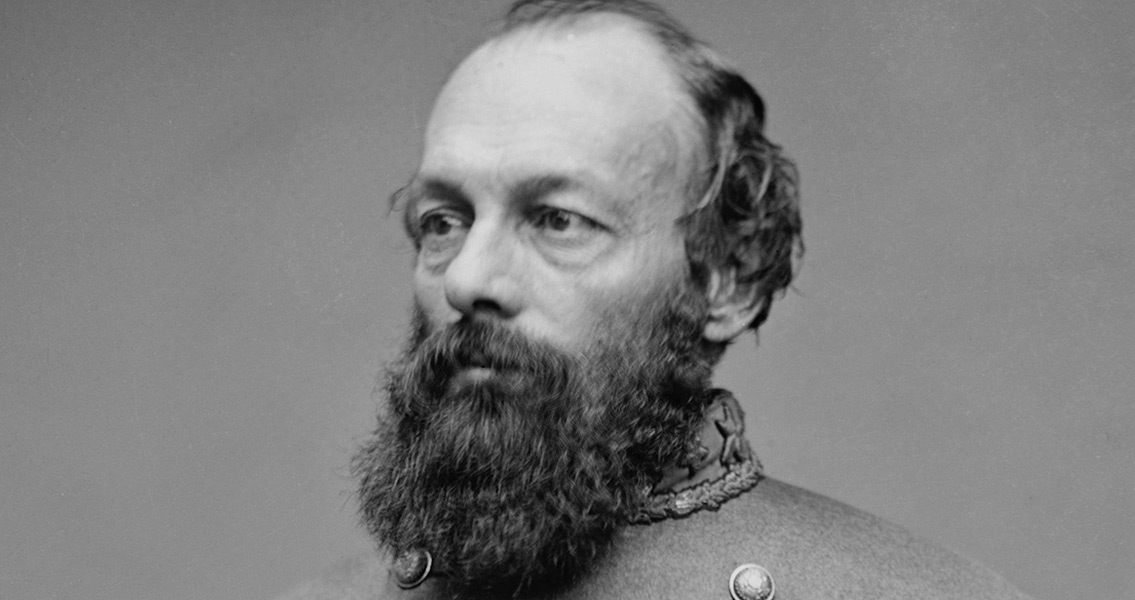<![CDATA[On 2nd June, 150 years ago, Confederate General Edmund Kirby Smith signed the terms of surrender offered by the Union. The commander of Confederate forces west of the Mississippi, Smith's agreement to the terms saw the dissolution of the last Confederate army, finally bringing to a close the US Civil War. The US Civil War had officially come to an end on 9th April, 1865, when Confederate General Robert E. Lee surrendered to Ulysses S. Grant at Appomattox. Nevertheless, over the following months several strongholds of Confederate forces continued to hold out in the conflict, most notably west of the Mississippi, and wage guerrilla warfare against Union forces. Smith had served in the Confederate forces since the beginning of the Civil War. A veteran of the Mexican-American War, he quickly rose through the ranks following the declaration of war between north and south. Towards the end of 1863, he was given control of the Trans-Mississippi Department, essentially the entire Confederacy West of the Mississippi. Following the Union victories at the Sieges of Vicksburg and Port Hudson, the Trans-Mississippi Department found itself almost completely detached from the rest of the Confederate forces. Superior Union naval strength along the Mississippi worsened the isolation of Smith's armies. Several attempts to push back the Union's advance south had failed, and by the time of Lee's surrender, Smith's forces were already fighting a seemingly unwinnable battle on the western front. The Confederate soldiers finally laid down their weapons on 26th May, 1865. The scale of the Civil War was immense for the time. Although records are inevitably patchy, it is now estimated that around 1,556,000 men enlisted in the Union forces, and 800,000 in the Confederacy. Estimates for the death toll vary, many histories put the figures at 360,000 for the Union, and 260,000 for the Confederates. Some recent studies, however, have suggested the number of casualties was actually much higher: up to 851,000 in total. Abraham Lincoln was dead, but the emancipation of slaves which he had advocated took place after the war. Some four million slaves were given their freedom following the South's defeat, resolving one of the key issues that had led to the war in the first place. Internationally, the reunification of north and south saw the return of the USA as an important world power in terms of trade and foreign relations, with the distraction of internal conflict now gone. For the former Confederate States, the long process of adjusting to the post Civil War world started. Defeat had been devastating - towns and cities had been torn apart in the fighting, while thousands of soldiers returned home penniless and unemployed. Emancipation also upset the region's economy and social structure, with the freedom of slaves leaving many landowners without a work force and breaking the traditional barriers between previously completely segregated communities. The Confederate Armies had been dissolved, and the long and painful era of Reconstruction was starting. ]]>
General Kirby Smith Surrenders in the US Civil War
